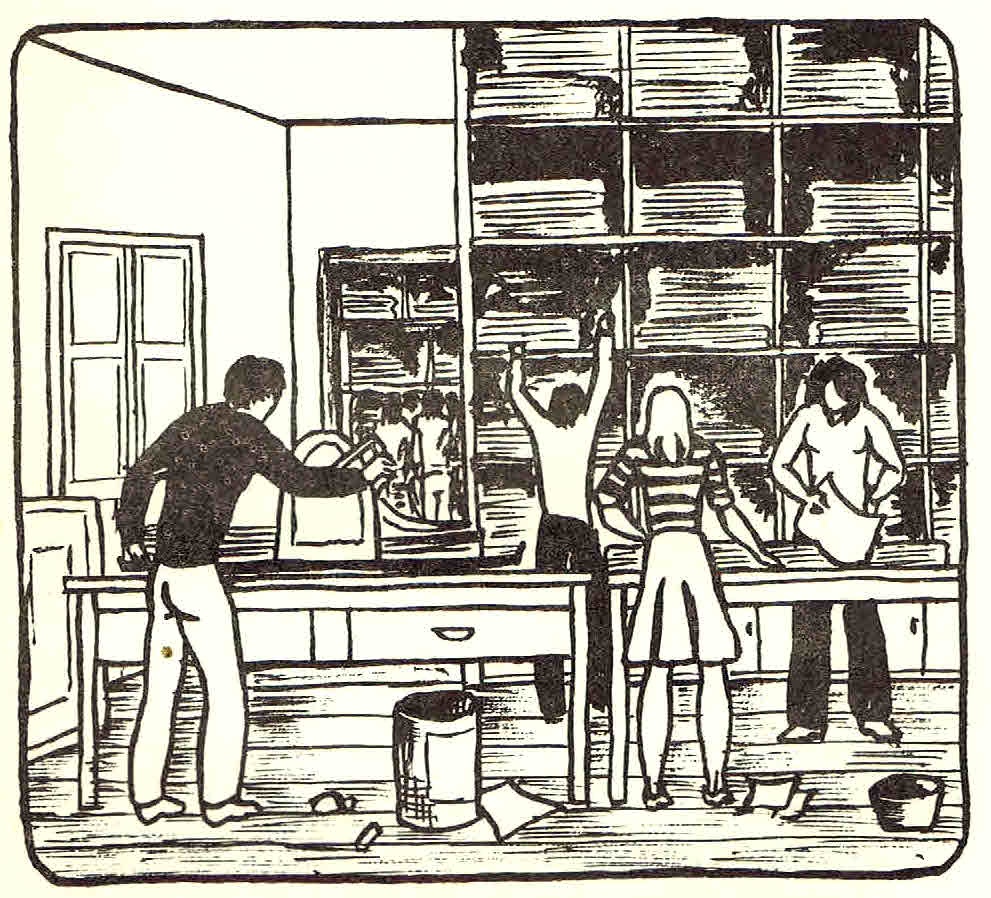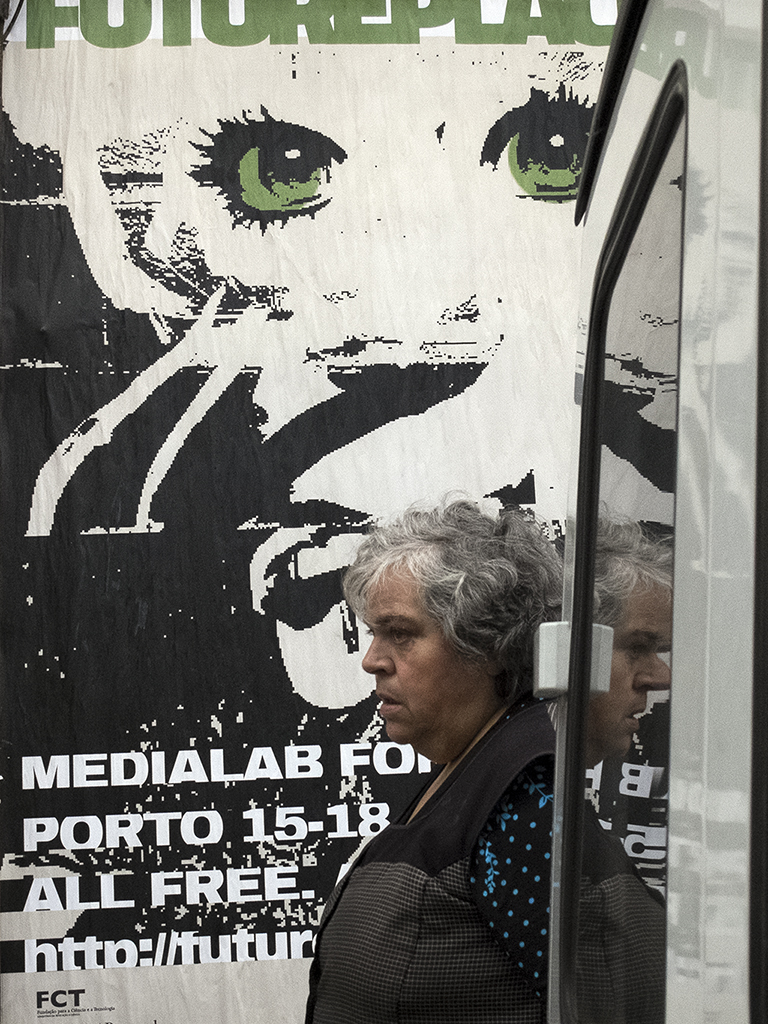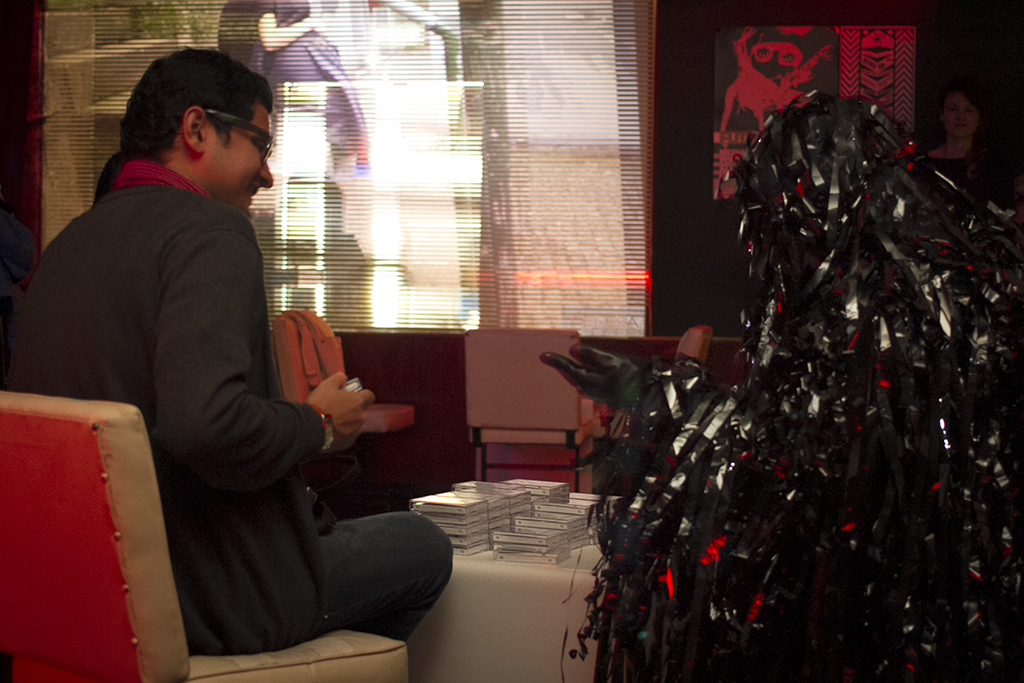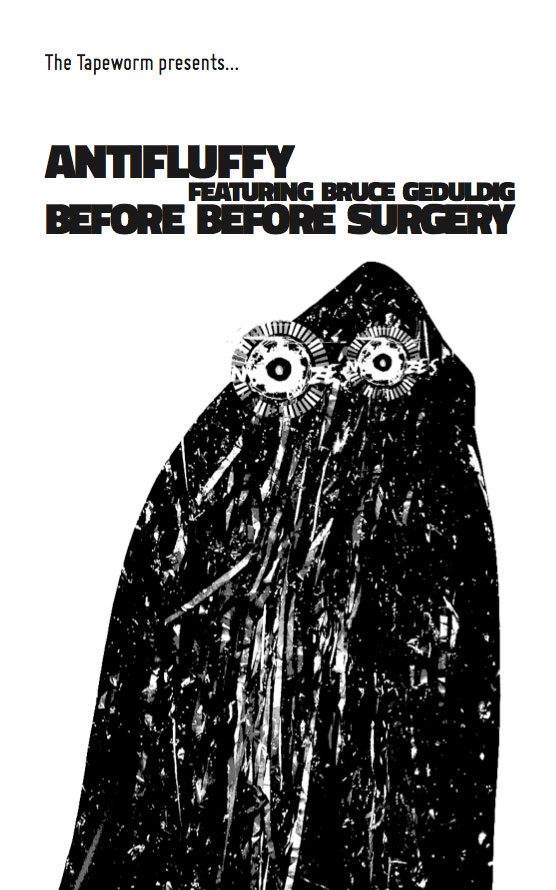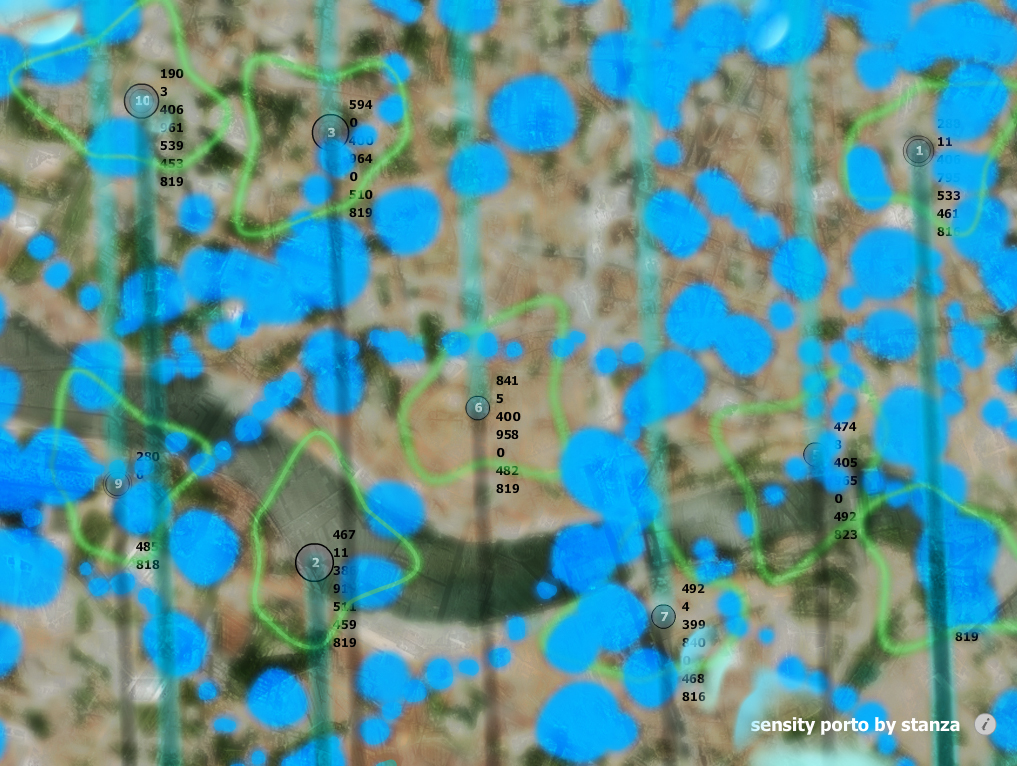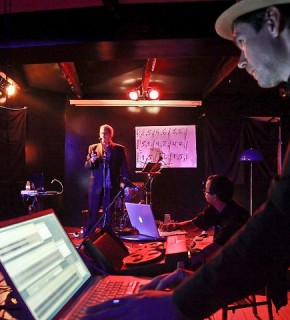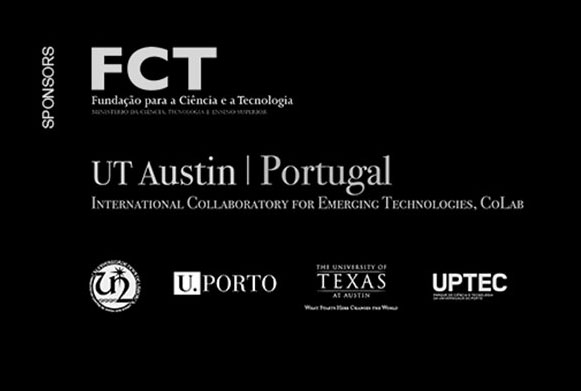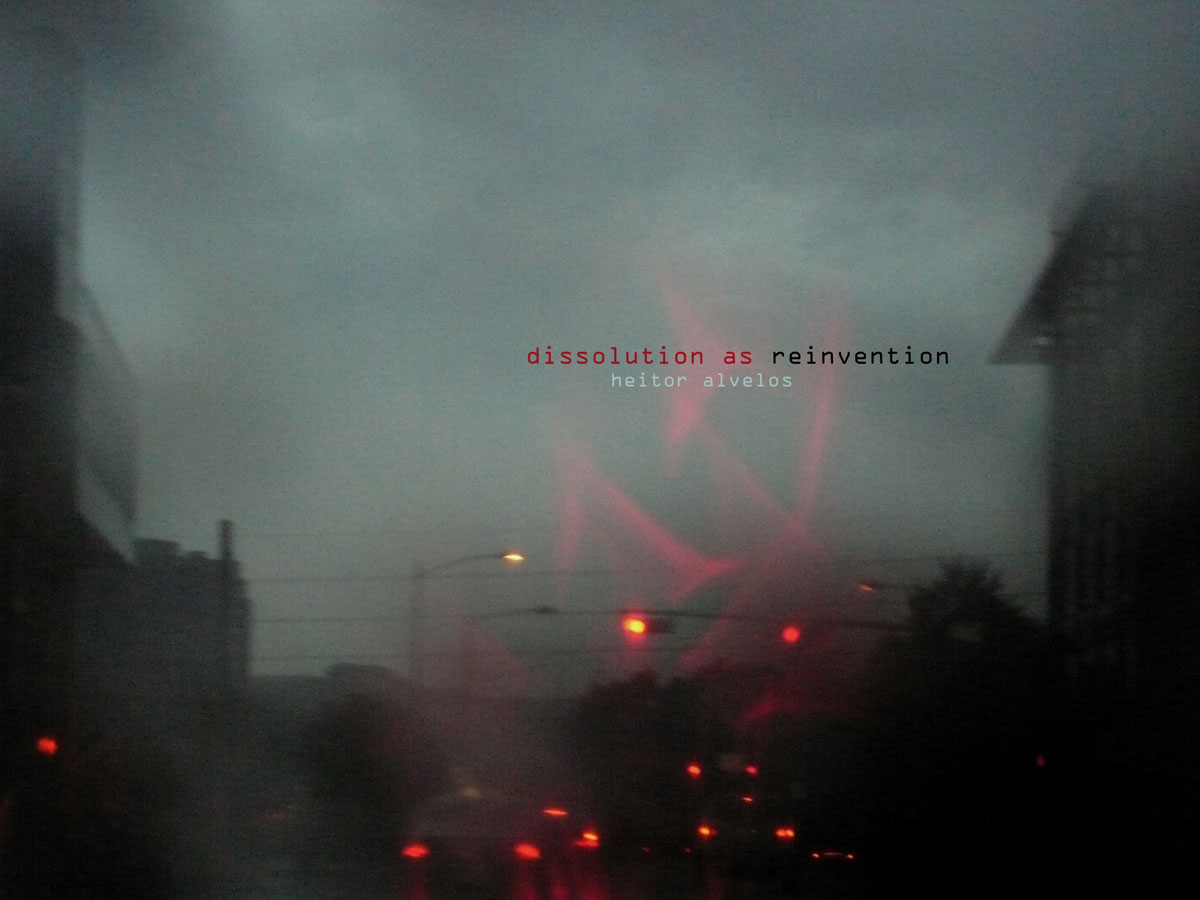
Heitor Alvelos, November 2014
Last May I was invited to present a keynote address at Festival de la Imagen in Manizales, Colombia. An extraordinary experience, a wealth of human generosity, interrogation, resilience, integrity. My talk was subtitled Amnesia, Hallucination and Hilarity: an emphasis on keywords that somehow seem to have faded out of contemporary discourse, their concepts thus becoming ever so more pervasive.
Being trilingual means I often reflect on the distinct ways in which equivalent words resonate in different languages. This being my first time in Colombia, a further layer was added: words seemed more poignant, more meaningful – not through the seductive trap of exoticism, but through a sudden humility born out of the surrounding evidence of a harshness unknown to this lucky European (civil war, the looming of natural catastrophe, unruly social territories, an internalised resignation, an internalised resilience).
This motto led me to publicly rehearse a hunch that has translated into an upcoming book chapter: how keywords as signposts of a given moment in time not only fade in and out in terms of their usage, their fading rhythms and cycles may actually signal their opposite social, cultural, and (most decisively) ideological resonance and pertinence. Orwell rehearsed the belief that words are at their most powerful when out of circulation: he was wrong only in that there is no need for a totalitarian regime for this to happen; then again the regime itself was an allegory of its own apparent absence.
It is worthy of note that the pervasive sense of a loss of existential meaning has been mirrored by an emptying of the meaning universally held in key terms expressing tangible human experience. Blame it on Facebook for all we care, something much wider is going on that is deserving of deeper scrutiny, and yes, it most certainly involves this irreversible algorithmism-on-autopilot, contemporary self-endeavour of absolute digital codification; if all existence is to be mediated, then no tangible experience is possible.
Nevertheless, supreme leader of contemporary compulsion as it is, Facebook may indeed provide the most readily available examples of this profound dissociation between words of ontological wealth and their associated expectation.
The word “Share” is, of course, the prime example in this day and age. Once describing an act of abdication in face of others’ needs, the prime act of empathy, it is now synonym with the gigantic, trend-driven echo chamber of viral memes that permeate our daily routines: no abdication, as matter has given way to its own representation – often crass and hysterical, but not necessarily: hysteria is now served as an intrinsic (thus unspoken) ethics of perception. Empathy gives way to algorithmic protagonism, complexity capitulates in face of the syndrome of the endlessly cute, authorship based on experience and introspection a hostage to a maelstrom of post-appropriation.
One of the main keywords I have been scrutinising closely for a while now is “perplexity” – to the point of, back in September 2013, naming my current research team “Media and Perplexity”. This vertigo on steroids, this bored expectation to be blown away. This conviviality of opposites, this serene paradox, a paradox that, by virtue of overwhelming conviviality, no longer formulates itself as a driving existential conundrum. Euphoria and Panic, hilarity and catastrophe. This is the surgery that needs to be performed: harmonising opposites through a kind of angry diplomacy. A bleeding cryptography.
Since the early days of FuturePlaces, back in 2007, the word “future” has ceased its function as a projective space of affirmation, and now carries the ghost of imminent dissolution. We may of course extract the opposite from its operative surface: that the projection was hallucinatory, and dissolution may just be the gift of reinvention. Punk knew better than to hang around waiting for “no future” – it proclaimed the absence of a future as the actual lexical act of its own rebirth.
It is thus the time to be viscerally aristocratic: not entitlement, but courage; not mannerism, but precision; not abandonment, but self-exaction. FuturePlaces aims at this throughout its seven-year stream, under the belief that new media are still extraordinary in their potential, yet only able to fulfil their promise in direct relation with our own visceral aristocracy. It seems we’re finally getting the hang of it: this is why the “festival” was dropped – once the territory of collective epiphany, the word “festival” now seems happy with being the land of self-indulgent consumerist freakouts. And this is why we’d rather be a lab, even if to attempt the most extraordinary deconstruction of rock and roll.
And research signalled, it shall unravel officially and extensively soon enough.



